Different Types Of Coffee:
As you consider purchasing a new commercial coffee grinder, it is important to think about the type of coffee you will be serving. The coffee you serve should match the equipment you choose for your business.
If you plan on serving high volume, mass-produced coffee, then you will need different equipment than if you are looking to serve rare single origins or seasonal varieties. Australian coffee drinkers have very diverse tastes, so it is important that you choose the right type of grinder for your café.
Are you looking for an espresso grinder? A filter grinder? Or an all-purpose grinder?
Different grinders are designed for different brewing methods and types of coffee. So, before making a purchase, it's important to know your coffee origins, brewing methods, and target customers.
Amount Of Coffee Consumptions:
Now that you know what coffee you'll be serving your customers, it's time to decide how much coffee your business might sell each week. The commercial coffee grinder you choose should be based on your business type. If you have a café that focuses on serving great coffee, then you'll need a top-of-the-line grinder. However, if coffee is just an afterthought for your menu, then a mid-range grinder will suffice.
A great commercial coffee grinder should be able to grind coffee beans quickly and consistently, whether it is during peak times or when the machine slows down. For a high volume venue that uses over 40kg of coffee per week, you'll need a grinder that can fire up quickly after each shot, maintain its temperature well, and create a consistent particle size all day long.
If your venue is on the smaller side or focuses on alternative brewing methods, you may not need the most advanced cooling system or the largest bean hopper. Omitting these extras can lower the cost of your commercial coffee grinder and make it a more financially viable option.
Types Of Burrs:
There are two types of coffee grinders that are most commonly used in commercial settings: flat burrs and conical burrs. Each type has its own set of pros and cons, so it's ultimately up to the user to decide which one will work best for their needs.
When it comes to professional coffee grinders, the quality of the burrs is what will make or break the machine. The burrs are the components that grind whole beans into ready-to-brew coffee powder. Therefore, it is extremely important to choose the right ones.
Flat burrs are known for being more precise and consistent than conical burrs.
Flat burrs:
No matter how many features a coffee grinder has, the quality of its burrs is what really matters. These are the parts that grind whole beans into powder, so choosing the right ones is essential.
When it comes to professional commercial coffee grinders, you have two choices: flat burrs or conical burrs. Each type has its own advantages and disadvantages, so it's up to you to decide which one will work better for your business.
Conical burrs:
Conical burrs are made of abrasive, cone-shaped bits of steel. They work by grinding beans in a vertical fashion, with one burr sitting within the other. Because they are cheaper than flat burrs, they don't produce as consistent a grind. This is due to their design - any little bit of wobble can affect the uniformity of the grind, something you don't have to worry about with flat burrs.
If you're looking for a coffee grinder that won't overheat, conical burrs are the way to go. They stay cooler than other types of grinders, so you can keep using them during busy times or in hot weather without having to constantly adjust the grind size. Plus, they're more efficient, so you can get more cuppas out to your loyal customers. So if you're looking to save time and money, conical burrs are the way to go.
Grinder footprint
When choosing a commercial coffee grinder, size is an important factor to consider. You'll want to find a grinder that fits well in your workspace and is safe to use. With such a wide variety of sizes available, it's important to find one that is comfortable for your staff and safe for your customers. Luckily, all manufacturer and dealer websites list the dimensions of each coffee grinder, so you can easily find one that will work for your needs.
Doser
If you're serious about coffee, you know that the best coffee comes from freshly ground beans. It's essential to the coffee experience.
With a doser-grinder, you can make sure the right amount of coffee goes into each shot, so you don't have to worry about levelling off or extracting a poor shot. This type of commercial coffee grinder has a couple of extra moving parts that help you craft a repeatable brew. With multiple cups worth of coffee already ground and in the doser chamber, all you need to do is flick the doser lever and the right amount of coffee will tumble into your portafilter every time.
If you're looking for a fresher cup of coffee with less waste, electronic dosing grinders may be worth considering. These machines will grind your beans on demand with the push of a button, and the freshly ground coffee goes straight into a portafilter. Simply choose your shot size (single or double), set your dosing time, and you're ready to go. If the timing is a little off and you need more coffee in your basket, you can use the manual grind feature to add it. This way, you'll always have the freshest possible cup of coffee without the stale aftermath that can come with doser chamber grinders.
Electronic Doser
If you're looking for a way to serve the freshest coffee and cut down on waste, electronic dosing grinders may be worth considering. These machines will grind your whole beans on demand with the push of a button, and the freshly ground coffee goes straight into a portafilter - no dosing chamber required.
Simply choose your shot size (single/double), set your dosing time, and you're all set. If the timing is a little off and you need more coffee in your basket, you can use the manual grind feature to add it. This way, you'll always have the freshest possible shot without any stale aftermath from a dosing chamber grinder.
Dosing system
Commercial coffee grinders has two distinct dosing systems:
1. Time: These grinders are the best way to make sure you get the perfect amount of coffee every time. Just set the timer and let it do its thing - you'll never have to worry about your coffee being too weak or too strong again. This is the most common method by which commercial coffee grinders dose their coffee, and it's the best way to get consistent results.
The grind consistency can be directly affected by bean density, humidity and total amounts of beans in hopper
2. Gravimetric (weight): Gravimetric commercial coffee grinders measure the weight of the ground coffee as it falls into the portafilter. This allows for a more uniform grind particle, and is especially important when trying to nail a specific brew ratio. With this type of grinder, you'll always end up with the same amount of coffee in your basket, regardless of bean density, the weather, or how full your hopper is.
Aesthetics
If you want your business to stand out, then you need the perfect coffee grinder. Not only will the right style of commercial coffee grinder help attract the right crowd, but it will also make your space more inviting. With so many different options to choose from, finding the perfect one for your business is essential. From modern machines to early 20th century Italian pieces, aesthetics play a big role in helping customers feel comfortable in your space. So if you want to appeal to coffee connoisseurs, make sure you have the perfect coffee grinder behind the counter.
Cost Of The Parts, Insurance, Warranty And Repairs
As a key piece of equipment for your business, it is important to make sure that your coffee grinder is covered by your insurance policy. This will give you peace of mind in case it is stolen or damaged.
When purchasing a new coffee grinder, be sure to get one with a warranty. Most commercial coffee grinders come with a 12 or 24 month warranty on defective parts, but no labour warranty.
For any questions about repairs and maintenance, it is best to consult the manufacturer or dealer from whom you are buying the grinder. They can advise you on the necessary service schedule and potential costs of repairs and replacement parts.
Remember that if you choose a top-of-the-line model, the cost will be higher. And if parts are difficult to find, your grinder could be out of action for some time, which could negatively impact your business.
Cleaning, Usefulness
Different cafés have different needs when it comes to their coffee grinders. Some need a machine that is easy to use with minimal training, while others require a more advanced grinder that can produce the perfect grind size. It all depends on the type of café and the staff who will be using it.
For a busy café that serves 40kg of coffee per week, an easy-to-use machine is essential. The staff should be able to quickly dial in the right grind size and then let the machine do its work. This way, they can focus on brewing great coffee all day long.
However, if you're running a specialty coffee shop where only the most knowledgeable baristas are working behind the counter, then you'll want to pick up an advanced grinder. After all, you only want to serve the best coffee possible!
Functionality:
No matter what type of coffee grinder you're looking for, it's important to do your research before making a purchase. By understanding the key features of each type of grinder, you can make sure you choose the right one for your needs.
Of course, ultimately it's up to the barista to decide which coffee grinder is best for them. Talk to them and find out what they need and want in a grinder.
The grinder should have:
- The correct burrs for brew methods
- Large hopper for retail or industrial quantities
- Doser attachments
- Temperature control for flat burrs
- Stepped or stepless grind adjustment
- Timed or gravimetric dosing
- Digital display to index grind settings
- Automatic or semi-automatic dosing
It's important to do your research before you buy a coffee grinder. Talk to your barista and find out what the essentials and deal breakers are. This will help you make the right choice.


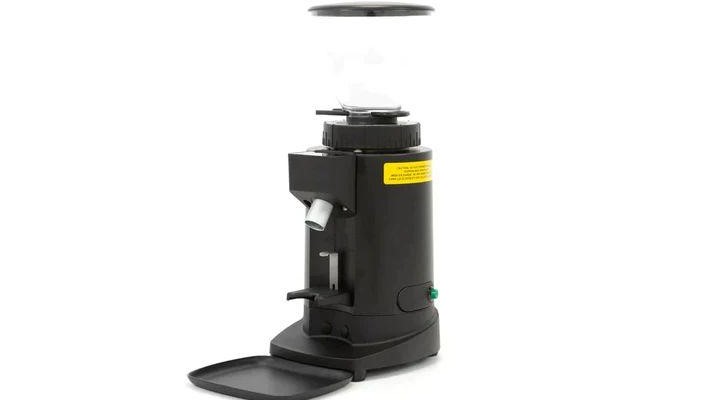
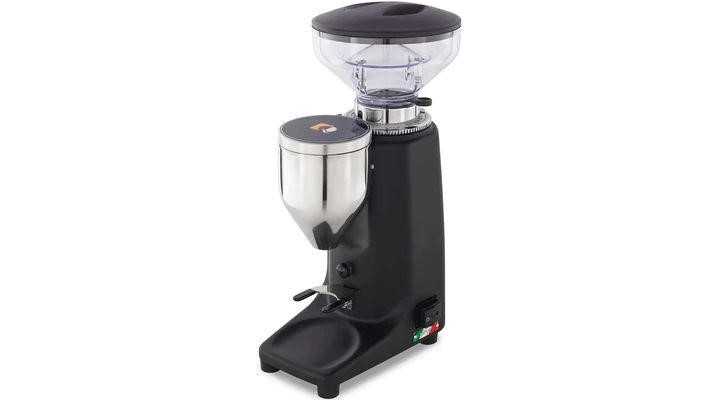
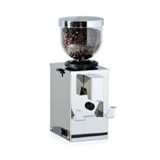
-160x160-state_article-rel-cat.png)


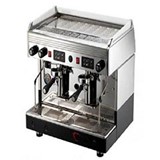
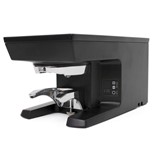


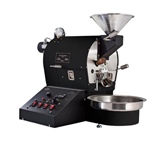

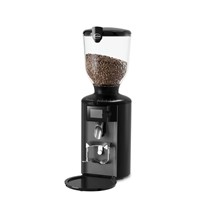
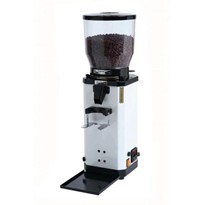
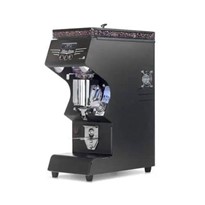
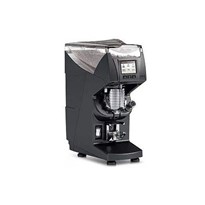
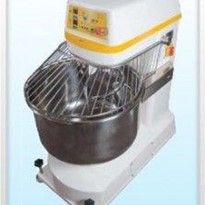
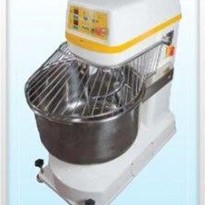
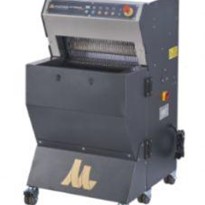
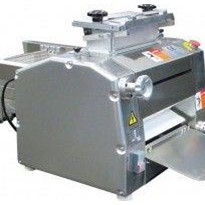
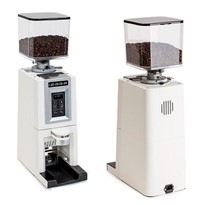


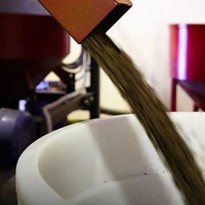



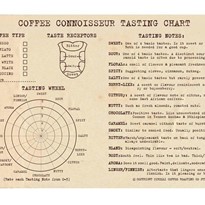
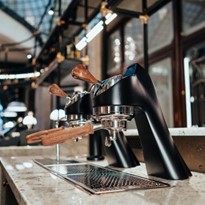
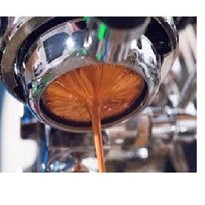

-205x205.jpg)